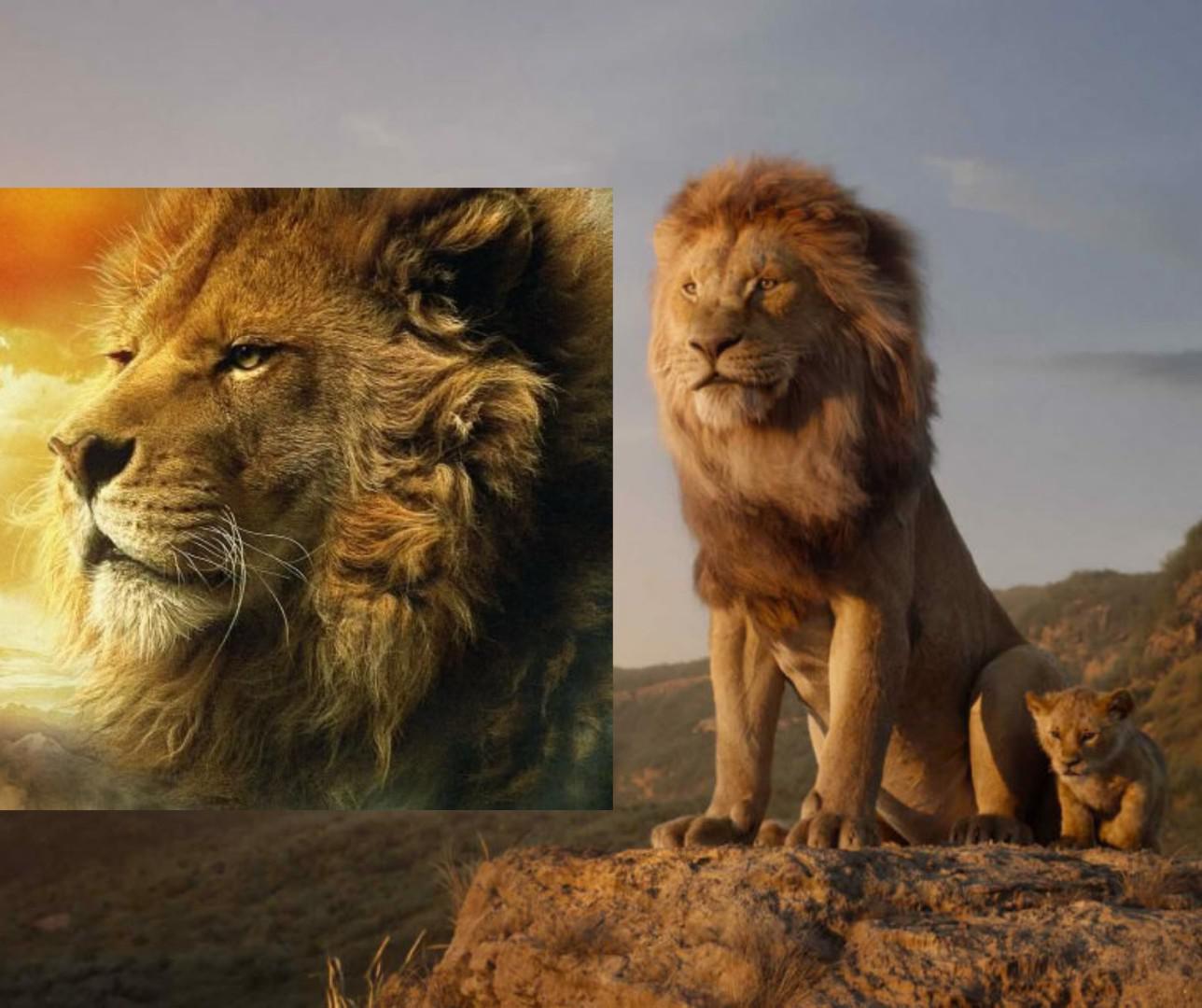by James Como

Seventy years ago, on October 16th, 1950, The Lion, the Witch and the Wardrobe was published in the U.K. It was a fresh, strong wind that billowed the sails of children’s literature. It blew from Narnia and has not stopped since. Six more books would follow in each of the next six years, and so we have The Chronicles of Narnia. In dozens of languages, with millions in sales, adapted to various media (radio, film, theater, and television – animated and live-action), the series has deeply touched, in many instances downright changed, its audience.
And how varied that audience has been. Many of its original readers did not know the series was written by a Christian, the brilliantly versatile C.S. Lewis, or possessed latent Christian themes. When they (including very many Jewish readers) learned of those they were surprised but rarely resentful. There is simply too much more to Narnia than its undertones.
Its use of myth, folklore, legend, and theology make for a mixed bag, so mixed that C.S. Lewis’s great friend, J.R.R. Tolkien did not like the series at all. That mix, though, casts its charm. Along with Lewis’s touch for just the right detail, his insight into the psychology of children under duress, his sheer inventiveness, his utterly convincing depictions of marvels, and his understanding of the consequences of evil (he is, after all, the man who wrote The Screwtape Letters) – with all of that plus the lion, the children, a unicorn, satyrs, talking beasts, mice (including one very special mouse), a marsh-wiggle, giants and witches; landscapes both beguiling and daunting, castles, dangerous journeys, transformations and lessons; its arousal of the sheer desire to be there . . . The spell proves virtually irresistible.
That spell, though, is more than the sum of its parts and is best summed up by the single word holiness, that is, a numinous fascination not altogether calming. After all, Aslan, the creator of this beguiling world, and perhaps of others, as well as its steward, is “not a tame lion.” Nevertheless, when Lucy (the youngest and most insightful of the original four siblings) tells him that when she returns to our world it’s not Narnia she will miss but him, we understand, and we agree. Who, having been to Narnia, would not long to go on with Aslan to his country?
On top of that, the series meets Lewis’s test of worthy children’s literature: “Any book not worth reading as an adult was not worth reading in the first place.” So to all gownups: The Chronicles of Narnia awaits, as long as you do not think yourself too grown up for wonder.
- Like
- Digg
- Del
- Tumblr
- VKontakte
- Buffer
- Love This
- Odnoklassniki
- Meneame
- Blogger
- Amazon
- Yahoo Mail
- Gmail
- AOL
- Newsvine
- HackerNews
- Evernote
- MySpace
- Mail.ru
- Viadeo
- Line
- Comments
- Yummly
- SMS
- Viber
- Telegram
- Subscribe
- Skype
- Facebook Messenger
- Kakao
- LiveJournal
- Yammer
- Edgar
- Fintel
- Mix
- Instapaper
- Copy Link









